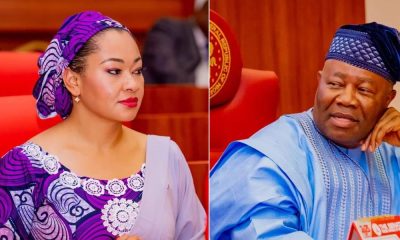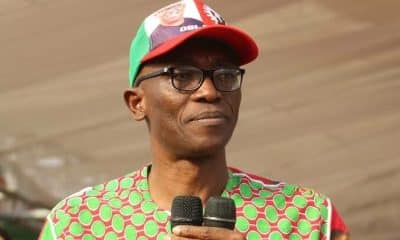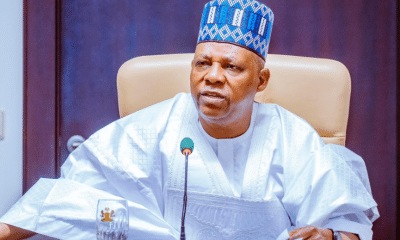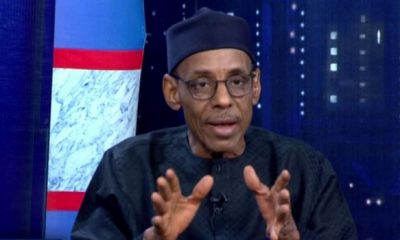Nigeria News
EFCC To Probe 58 Former Governors Over Alleged ₦2.187 Trillion Loot
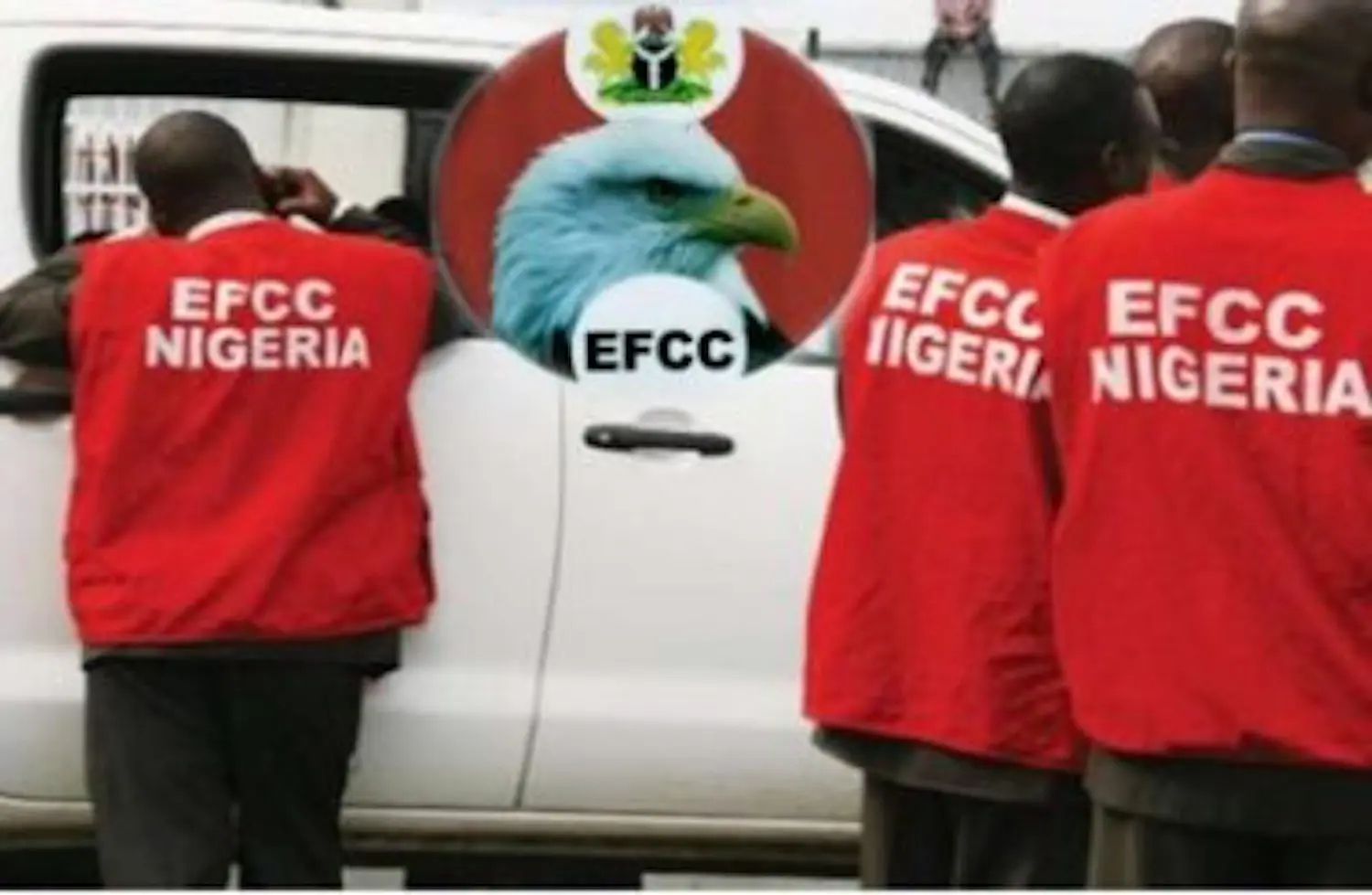
The Economic and Financial Crimes Commission (EFCC) has revealed ongoing investigations and prosecutions involving 58 former governors across Nigeria, accused of misappropriating a colossal sum of N2.187 trillion over a span of 25 years.
Naija News reports that this staggering amount is comparable to the combined 2024 budget of several states in the country, including Lagos State and all South-East states combined.
The allegations made public highlight a significant challenge in the governance and financial management of the nation’s resources, shedding light on the extensive scale of purported corruption among the country’s past state leaders.
According to EFCC, these former governors are being scrutinized for various financial crimes, including looting, embezzlement, and money laundering.
In a report done by Vanguard, the misappropriated funds exclude additional billions in seized properties globally.
A breakdown of the figures reveals the depth of the alleged corruption, with the looted sum overshadowing the annual budgets of entire geopolitical zones such as North-Central and North-East Nigeria.
The EFCC’s scrutiny covers a wide array of former governors from all geopolitical zones of the country, reflecting a nationwide issue of financial mismanagement and corrupt practices.
Details from the EFCC indicated that since Nigeria’s return to civil rule in 1999, the country has seen 170 governors, with the probed former governors representing a significant portion of this number. The identities of these governors span across multiple administrations and include both high-profile names and less prominent figures.
Some notable mentions in the EFCC’s list include Orji Uzor Kalu, Joshua Dariye, and James Ibori, showcasing the extensive reach of the investigations.
Notably, only four of these many cases have led to convictions, reflecting the complexities and challenges involved in prosecuting high-level corruption in Nigeria.
The report also highlighted the systemic issues within the anti-graft agency’s efforts to prosecute, with many cases dismissed due to lack of diligent prosecution or the deaths of the accused.
As the EFCC continues to push for accountability, various quarters call for more effective measures and reforms to ensure that those responsible for misusing state funds are brought to justice.
With a promise to revisit and intensify efforts on high-profile cases, the EFCC is under scrutiny to deliver results and demonstrate its efficacy in combating corruption at the highest levels of political office.

